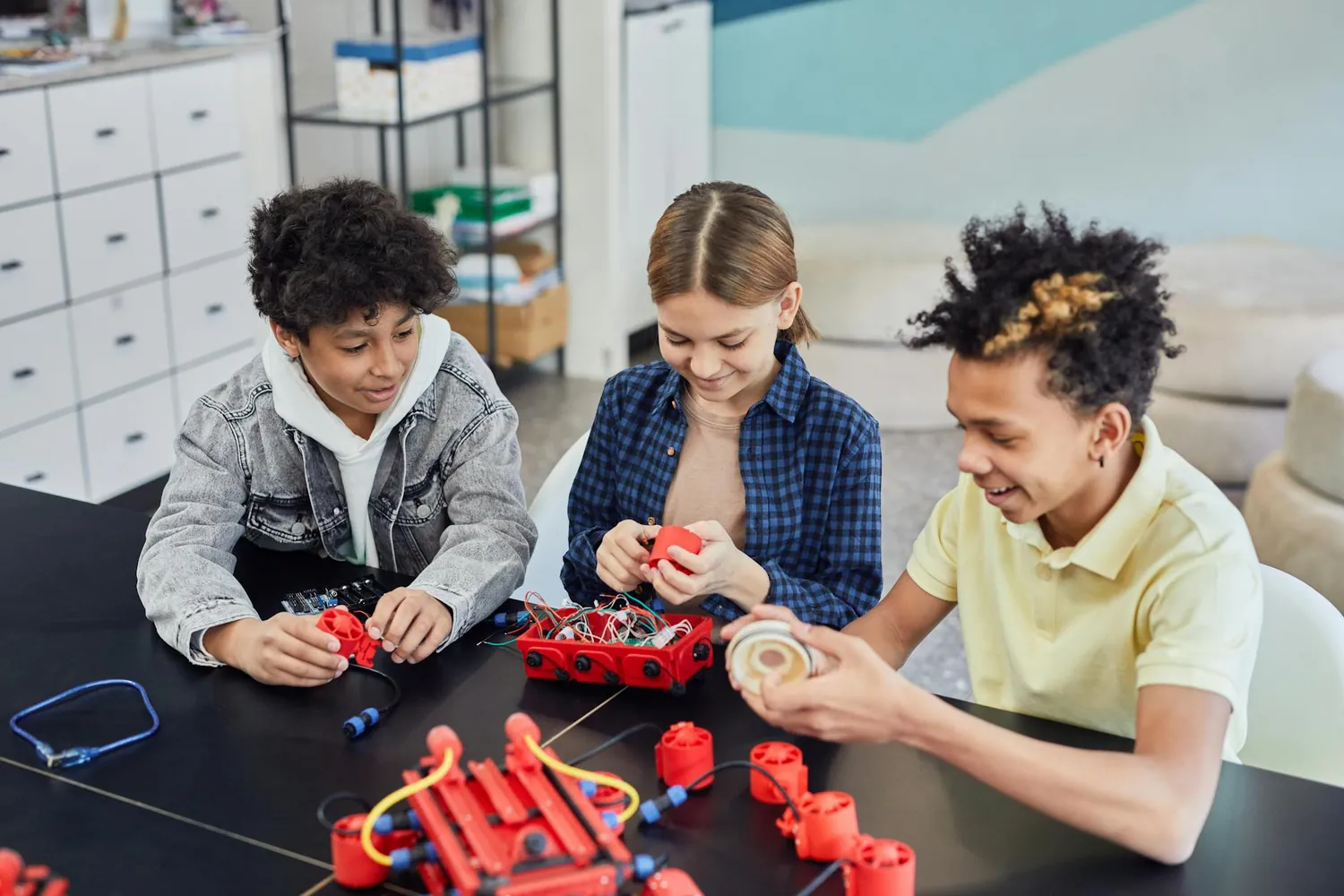Understanding Educational Approaches: Lectures and Workshops
In the realm of education, the delivery of content and the subsequent retention of knowledge is paramount. Educators are tasked with not only imparting information but ensuring that learners internalize and can apply it. Two popular instructional methods—traditional lectures and interactive workshops—offer distinct pathways to achieve these goals.
Lectures have long been the cornerstone of education, characterized by a structured, often one-directional flow of information from educator to student. In contrast, interactive workshops provide a dynamic environment where learners engage with the material through activities and discussions. This article evaluates both approaches, contrasting their effectiveness in terms of engagement and knowledge retention.
The Case for Traditional Lectures
Lectures are defined by their structured nature, which allows educators to cover substantial amounts of material efficiently. They are typically delivered in a formal setting, such as a classroom or auditorium, where the instructor imparts knowledge through verbal presentation supplemented by visual aids like slides or charts.
Advantages of Lectures
- Efficiency: Lectures allow instructors to communicate large volumes of information in a relatively short time. This method is especially beneficial when introducing foundational concepts that require comprehensive coverage.
- Expert Authority: The lecture format places the educator as an authority figure, which can instill confidence in the students regarding the material presented.
- Cost-Effective: As they require fewer resources than workshops, lectures are a cost-effective way to deliver education to large groups.
Drawbacks of Lectures
- Passive Learning: The one-way communication style of lectures can lead to passive learning, where students may not engage actively with the material.
- Limited Feedback: In large classes, individual feedback is often minimal, which can hinder understanding and retention.
- Engagement Challenges: Keeping students engaged in a lecture can be difficult, especially if the material is dense or lacks interactive elements.
Despite these challenges, lectures remain an integral part of the educational landscape, particularly in subjects that benefit from expert exposition and theoretical grounding.
Exploring Interactive Workshops
Interactive workshops contrast sharply with lectures by prioritizing active participation and hands-on learning. They create an environment where students are encouraged to collaborate, discuss, and apply concepts in real-time scenarios.
Benefits of Interactive Workshops
- Active Engagement: By involving students directly in the learning process through activities and discussions, workshops promote higher levels of engagement and interest.
- Collaborative Learning: Workshops often involve group work, which can enhance understanding through peer interaction and collective problem-solving.
- Immediate Application: The hands-on nature allows for immediate application of concepts, which can improve retention and understanding of material.
Challenges with Workshops
- Resource Intensive: Workshops require more planning and resources, including materials for activities and sometimes additional personnel to facilitate small groups.
- Time Constraints: Covering comprehensive content may take longer than lectures, which can be a limitation when time is limited.
- Variable Outcomes: The success of a workshop can depend heavily on student participation levels, which can vary widely across different groups.
While workshops present logistical challenges, their benefits in terms of engagement and retention make them an appealing option for experiential learning opportunities.
Selecting the Right Approach: Context Matters
The decision between utilizing lectures or interactive workshops often depends on several factors, including the subject matter, class size, available resources, and desired learning outcomes.
When to Choose Lectures
Lectures are ideal when the primary goal is to convey extensive information quickly and efficiently. Subjects that rely on theoretical foundations—such as history or philosophy—often benefit from lectures as they allow educators to establish context before engaging students in deeper analysis or discussion.
Optimal Scenarios for Workshops
Workshops excel in situations where application and experiential learning are crucial. STEM fields, such as biology or engineering, benefit from workshops due to their emphasis on experimentation and practical application. Additionally, soft skills development—like communication and teamwork—thrives in workshop settings where interaction is key.
Integrating Lectures and Workshops for Holistic Learning
An increasingly popular approach is blending both methods to capitalize on their respective strengths. Educators might begin with a lecture to introduce core concepts and then transition into a workshop for applied learning. This hybrid model allows for efficient information delivery while fostering active engagement and retention.
For instance, a biology class might start with a lecture on cellular processes followed by a lab workshop where students examine cells under a microscope. This method not only grounds students in essential theory but also provides tangible experience that reinforces learning.
Practical Tips for Educators
- Diversify Teaching Methods: Use lectures for overview sessions and workshops for detailed exploration to maintain student interest.
- Incorporate Technology: Utilize tools like online forums or quizzes during lectures to increase interaction and feedback opportunities.
- Evaluate Engagement Regularly: Gather student feedback to assess which methods resonate most effectively with learners.
The choice between lectures and workshops should ultimately be guided by educational goals and student needs. Both methods have unique advantages that can be leveraged individually or combined for optimal educational outcomes. By understanding the strengths and limitations of each approach, educators can better tailor their strategies to enhance knowledge retention and student success.
